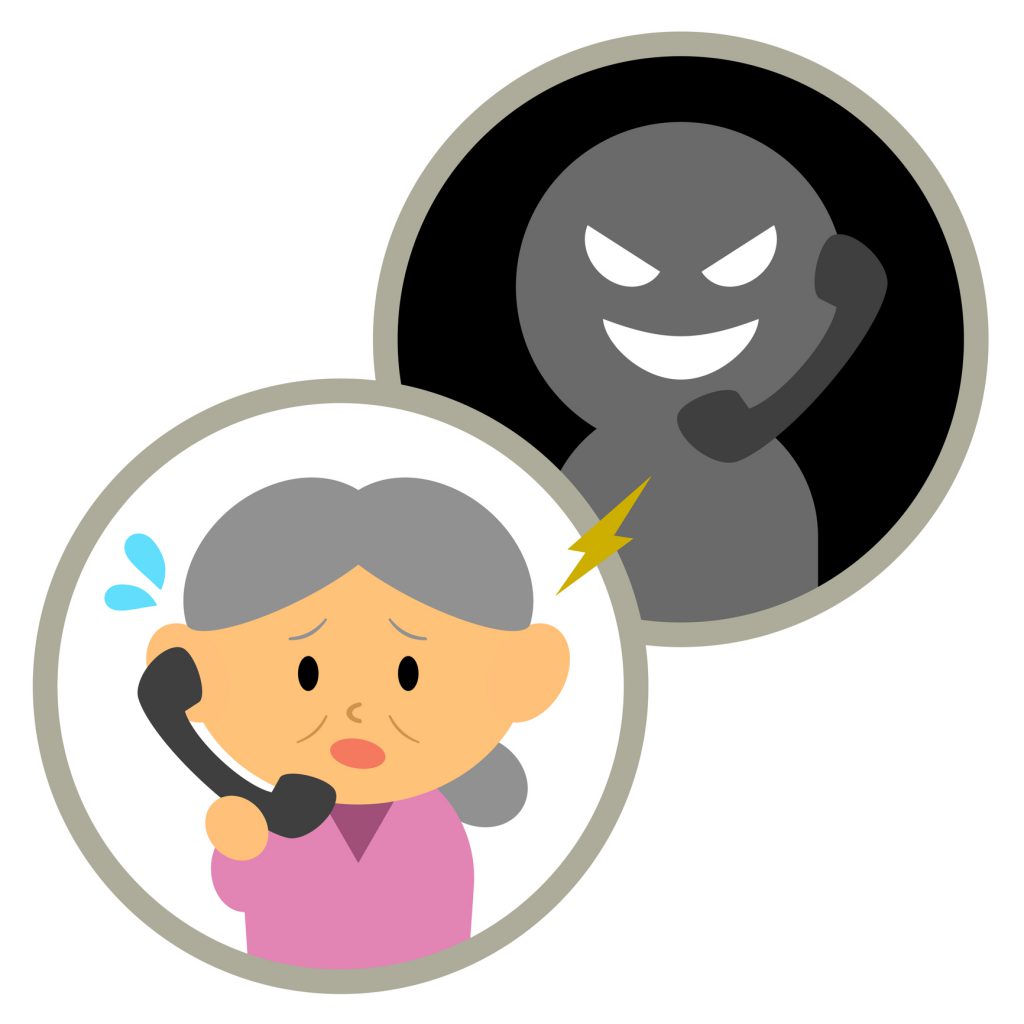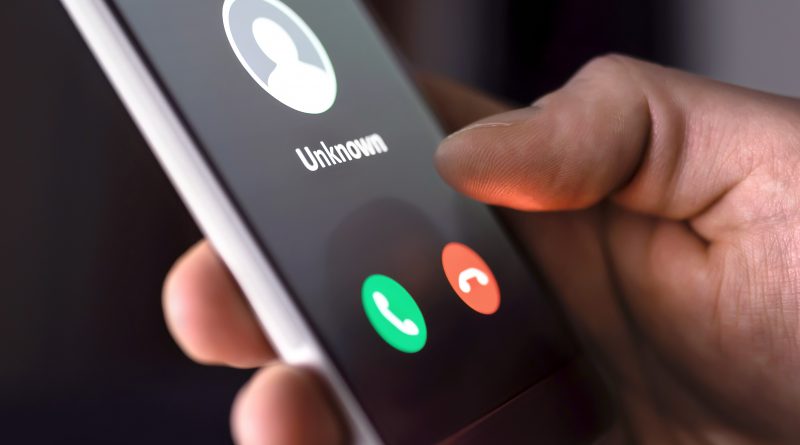Government Cracks Down on Phone Scams
Scammers won’t hesitate to use different platforms to steal money and information from users, and they’ve turned to targeting the most common platform that everyone has access to: mobile devices. Scams perpetrated via mobile phones have proven to be the most common and effective, prompting Australian Communications and Media Authority (ACMA) to confirm that they are already working with the government to stop overseas phishing calls. “They will be using software and technology within their network to identify these calls and seek to block them before they get to the customer,” said Communication Minister Paul Fletcher. “It’s already started to reduce the number of calls coming into Australian homes.”

These overseas calls usually pretend to be from organisations like the National Broadband Network (NBN) or Australian Taxation Office (ATO), with some intending to get your personal and financial information. It has served as a nuisance to thousands of Aussies, causing further confusion with the existence of several types of phone scams, which, more often than not, targets the elderly.
The government is also setting their sights on other overseas carriers but has reiterated that everyone should be wary of these types of scams. Awareness is a good first step; these best practices can help ensure that you don’t become a victim when you do encounter them:
- Don’t pick up phone calls from strangers. Be wary of incoming calls that are not from your contact list, especially if the number appears to be coming from overseas. Take note of your expected phone calls, so it will be easier to reject ones that you are not expecting. In case you have answered this phone call, never accept any request for remote access to your device.
- Don’t give your personal information to anybody. Scammers aim to get your private or financial information, which they can use to impersonate you. Be wary of calls asking for your personal or credit card information or any unusual payment requests.
- Secure your mobile devices and computers. Add an extra layer of security to your accounts and devices by enabling additional authentication methods such as two-factor authentication (2FA). This is to protect your devices from any potential hacking attempts.
Finally, Minister Fletcher offers a piece of simple advice that everyone can use, “When in doubt, don’t pick up the phone.” If you have been involved in any scams, you may report it here.




